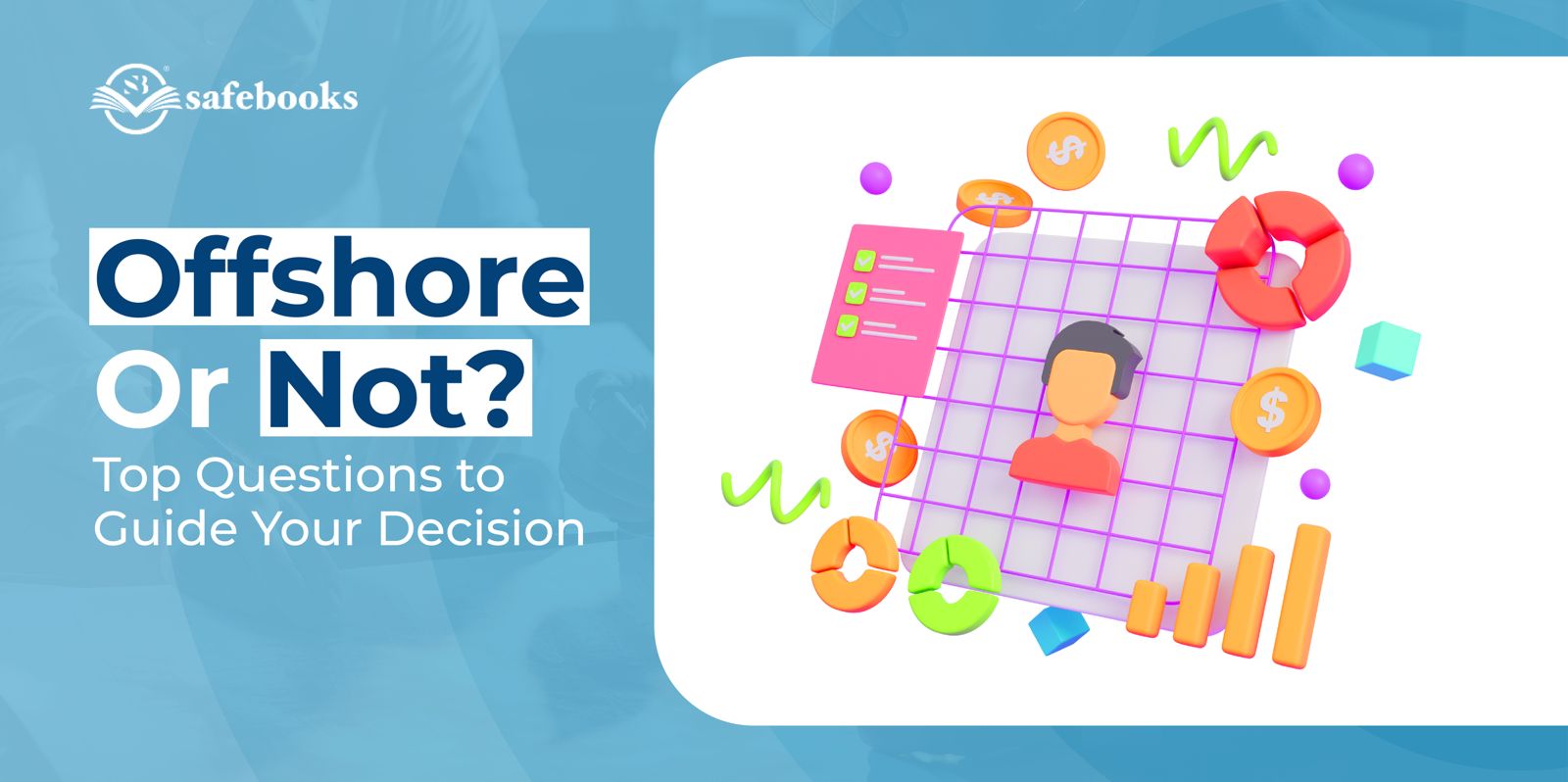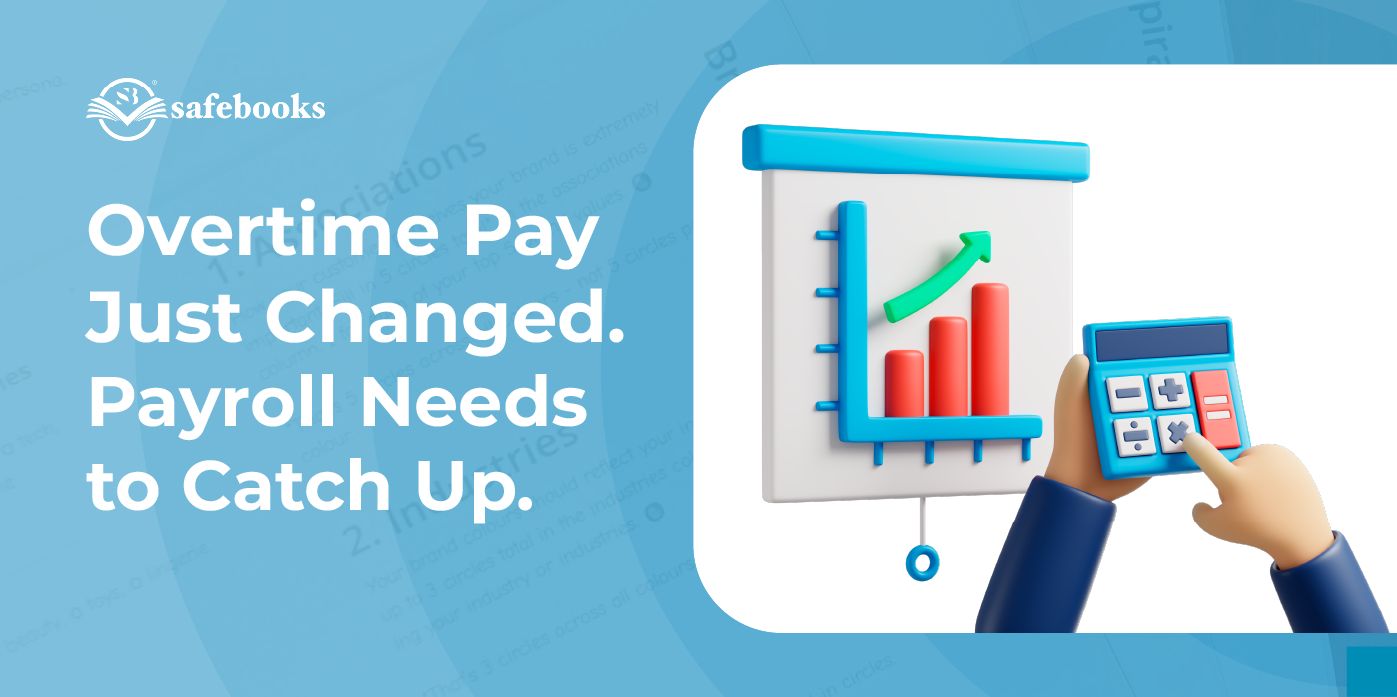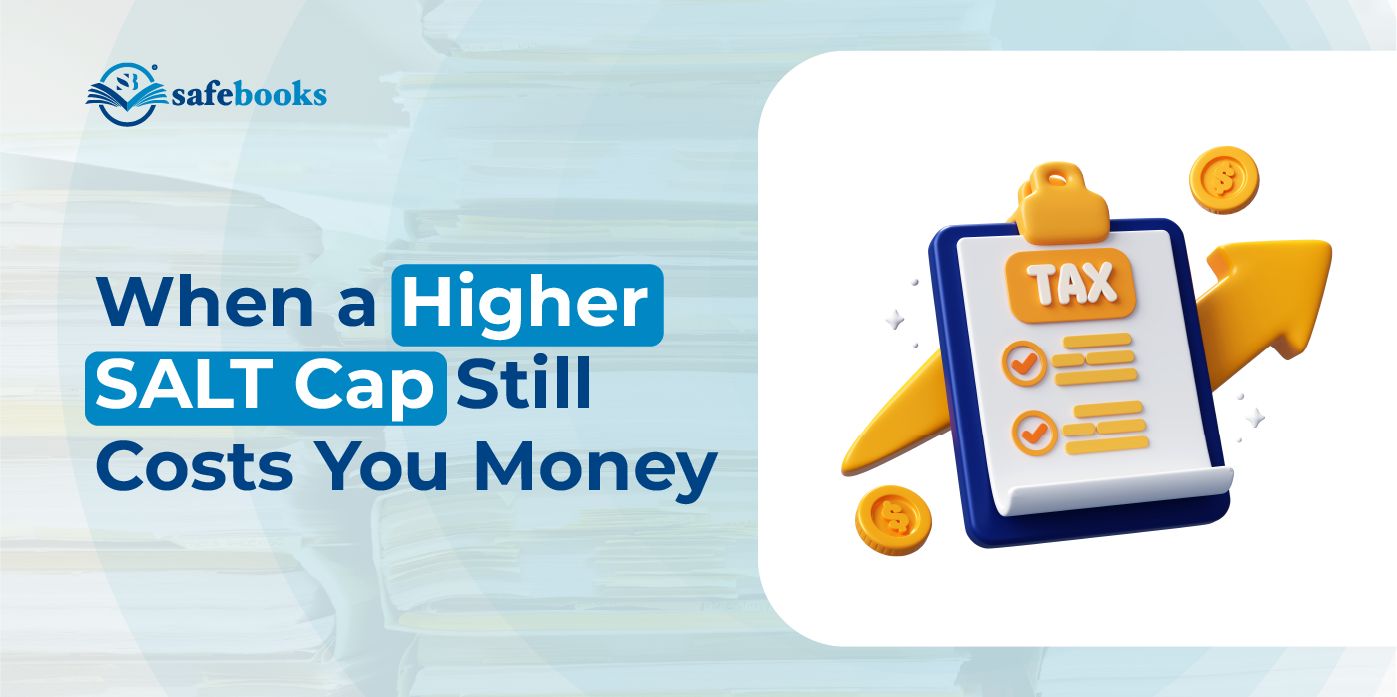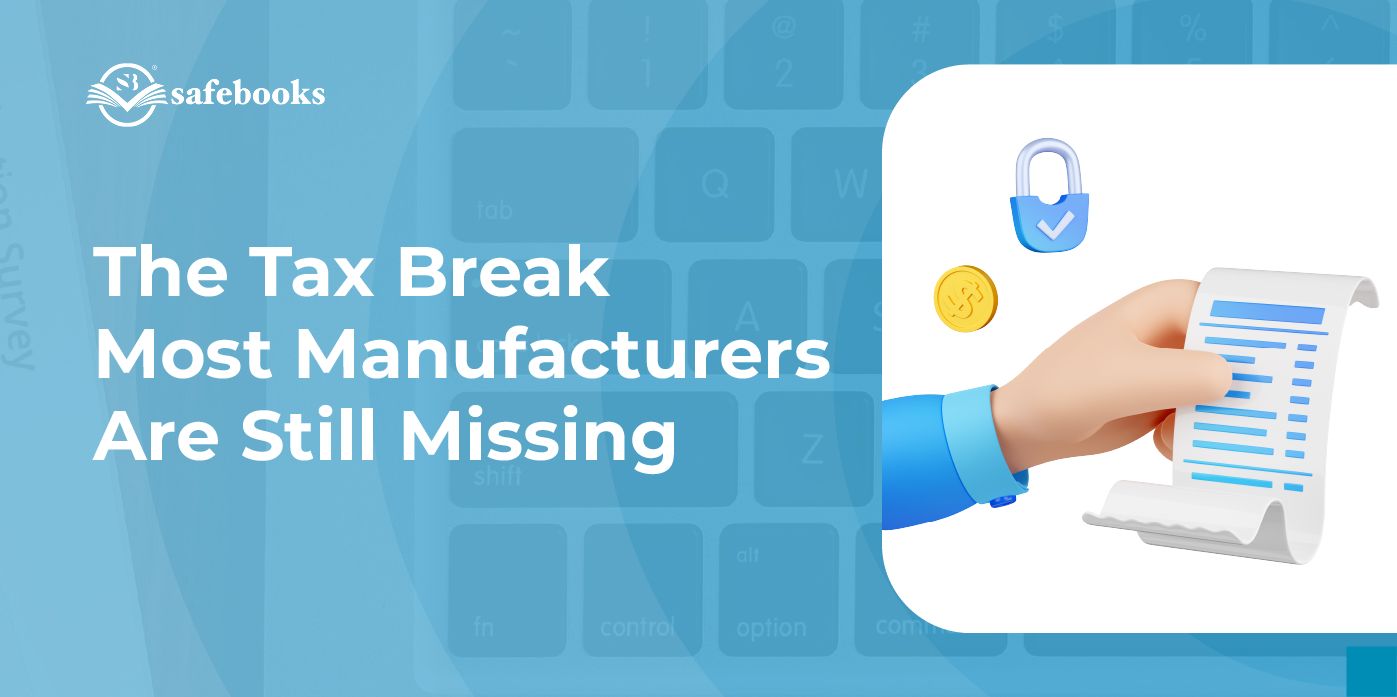Why Offshore Accounting Is No Longer Optional
Many U.S. accounting firms are facing a talent crunch. Over the past few years, the profession has seen a sharp decline in available staff, with hundreds of thousands leaving the field. At the same time, compensation costs continue to climb, even as clients expect round-the-clock support, faster reporting, and airtight compliance.
Offshore accounting has emerged as more than a cost-saving tactic. It is now a strategic solution. A 2024 Journal of Accountancy survey found that 25 percent of firms already offshore some work, with another 12 percent planning to start (Journal of Accountancy).
Still, choosing the wrong partner can put your clients, reputation and bottom line at risk. To decide if offshore is the right fit, you need to ask the right questions.
1. How Secure Is Their Data Management?
Cybersecurity incidents in the accounting sector have nearly doubled in recent years (CPA Practice Advisor, 2024). Any provider you consider should be able to prove their controls.
What to ask:
- Do you hold Written Information Security Program (WISP) or ISO 27001 certifications?
- How do you enforce secure access (VPN, VDI, MFA)?
Red flags: Lack of verifiable certifications or reliance on email for file transfers.
For an example of a transparent framework, see how SafeBooks protects financial data.
2. Do They Have Industry-Specific Experience?
Not all accounting is created equal. A partner who understands your sector can shorten onboarding and reduce errors.
What to ask:
- Have you supported healthcare, SaaS, or e-commerce clients?
- Can you manage multi-state tax and audit requirements?
- Do you have experience with niche software beyond QuickBooks?
Red flags: Providers that cannot name specific industries or software expertise.
See how structured audit support and back-office services adapt to regulated industries.
3. What Does ROI Really Look Like?
Savings can be significant. Vintti’s 2024 study found firms cut labor costs 40–70 percent with offshore support (Vintti). But the bigger ROI comes from faster closes and reduced turnover.
What to ask:
- What cycle-time reductions or error rates can you document?
- How do you measure ROI beyond payroll?
- Can you share case studies with quantified results?
Red flags: A sole focus on hourly rates without KPIs or efficiency metrics.
See practical ROI factors in outsourcing with a dedicated team.
4. How Will Communication Work Across Time Zones?
Time zone differences can be an asset, but only if workflows are structured. Poor communication is the top outsourcing failure point (Accounting Today).
What to ask:
- Will my team overlap 4-5 hours daily with U.S. time?
- Do you assign a dedicated account manager?
- What project management tools provide real-time updates?
Red flags: Reliance only on email with no live reporting or overlap.
5. Can They Integrate With Your Technology?
Providers should fit seamlessly into your software stack and enhance it with automation.
What to ask:
- Do you support QuickBooks, Xero, Drake, Lacerte, Keeper, CanopyTax, TaxDome, DDM, and other niche platforms?
- Can you provide AR/AP automation and integration?
- How do you manage AI-driven reconciliation and predictive analytics?
Red flags: Heavy dependence on manual spreadsheets.
CPA Practice Advisor reports that combining outsourcing with AI reduces reconciliation errors by up to 40 percent.
6. Will They Scale When You Need Them Most?
The tax season surge is a critical stress test. Offshore teams must scale quickly without sacrificing quality.
What to ask:
- How quickly can staffing scale up or down?
- What is your disaster recovery plan?
- How do you maintain quality control at peak times?
Red flags: No surge staffing plan or vague disaster recovery processes.
See how scalable Remote Tax Support meets peak demand.
7. Are They Built for Long-Term Partnership?
Short-term, transactional relationships rarely last. The best offshore providers grow with you.
What to ask:
- Do you provide advisory services like fractional CFO support?
- What is your staff retention rate?
- How have your services evolved with long-term clients?
Red flags: Providers focused only on low cost without evidence of continuity.
Expert Insight
“The firms that succeed with offshore support treat it as a strategic extension of their business. One U.S. client reduced compliance costs by 40 percent and shortened their month-end close by a full week by aligning workflows with their offshore team.”
– Bindesh Jain
Tax Director (CA, CS), SafeBooks Global
Common Mistakes to Avoid
Avoid these errors to ensure a successful offshore partnership.
- Choosing a provider without security certifications
- Focusing only on cost instead of efficiency metrics
- Treating offshore teams as temps rather than partners
- Ignoring cultural integration and communication needs
Choose Offshore With Confidence
Offshore accounting can solve staffing shortages, reduce costs, and expand client service capacity. But choosing the right partner is critical. By applying this seven-question framework, you can separate transactional vendors from strategic partners who deliver measurable ROI.
If you are exploring offshore solutions, review benchmarks in bookkeeping, tax preparation, and back-office support. Explore how an offshore partner can help your firm reduce costs and scale with confidence. Connect with SafeBooks Global
FAQS
What is the average ROI from offshore accounting?
Firms typically save 40–70% annually and cut close cycles by 30–40% (Vintti, 2024).
What are the risks of offshore accounting?
Main risks include data breaches, compliance errors, and communication breakdowns. Vet providers for SOC 2 Type II certification and structured reporting.
How do I vet offshore providers effectively?
Shortlist certified firms, run a pilot project, and compare results against agreed KPIs like accuracy, turnaround, and responsiveness.
What red flags should I avoid?
Unclear pricing, lack of U.S. tax expertise, no client references, and weak tech integration are warning signs.
How do offshore accounting costs compare with hiring U.S. staff?
A U.S.-based accountant may cost $60,000–$80,000 annually. Offshore teams can deliver equivalent support for $300–$2,500 per month.
-

Director (CA, CS)
A Chartered Accountant and Company Secretary with over 11 years of experience, Bindesh specializes in direct taxation, estate planning, and statutory compliance. He helps U.S.-focused firms navigate complex tax issues with precision and foresight, while ensuring every SafeBooks engagement meets legal and procedural expectations.




